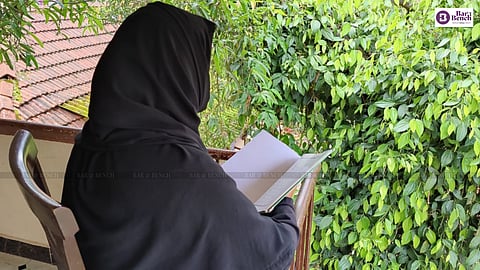
- News
- Columns
- Interviews
- Law Firms
- Apprentice Lawyer
- Legal Jobs
- हिंदी
- ಕನ್ನಡ

The Supreme Court on Wednesday ruled that a divorced Muslim woman can file a claim for maintenance under Section 125 of the Criminal Procedure Code (CrPC) against her former husband [Mohd Abdul Samad vs State of Telangana and Another].